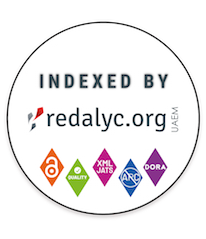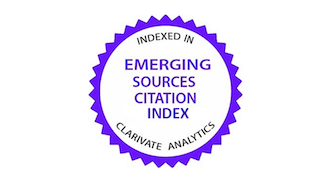Seed technology and production of improved maize varieties from INIFAP without PRONASE.
DOI:
https://doi.org/10.15517/am.v14i1.11998Abstract
The National
Institute of Research on Forestry, Agriculture, and Livestock
(INIFAP) of Mexico, with other preceding institutions have
released 221 hybrids and developed varieties during 62 years.
This time INIFAP has worked in maize plant breeding. The
genotypes had specific adaptation to different environmental
conditions. The materials were maize double-crossed and
Open Pollinated Varieties (OPV). Both varieties were
recommended to cover the largest possible areas. The
National Seed Producing Enterprise (Productora Nacional de
Semillas, PRONASE); was founded in 1961. The Seed Law
support PRONASE. Under the new seed law, passed in 1961,
several regulatory entities were established to control crop
research and seed certification, production and marketing.
Officially, all research was controlled by the Ministry of
Agriculture. The creation of PRONASE, with its mandate to
produce and distribute commercial seed of all varieties
developed by INIFAP, created a quasi-monopoly in the seed
industry, which limited and delayed the private sector’s
participation in research and seed production. Eventhough,
privatisation substantially changed the public and private
sector participation in maize seed production and sale. The
Mexican seed industries are relatively limited by the
participation of NGOs and cooperatives in maize seed
production and marketing. Cooperatives and NGOs produce
and market seed, especially of improved OPVs. Public
organisations have dismissed almost completely from seed
production and marketing. Multinational and several national
companies dominate the industry by supporting strong
breeding programs. However, the use of certified seed is
small (26% to 33%). The INIFAP has released improved and
new varieties (30), all of them with good agronomic
characteristics for the different regions of Mexico. INIFAP
has Seed Technology and Seed production. It is necessary to
improve some strategies to supply seed. The farmers can
establish small local seed enterprises.
Downloads
Downloads
How to Cite
Issue
Section
License
1. Proposed policy for open access journals
Authors who publish in this journal accept the following conditions:
a. Authors retain the copyright and assign to the journal the right to the first publication, with the work registered under the attribution, non-commercial and no-derivative license from Creative Commons, which allows third parties to use what has been published as long as they mention the authorship of the work and upon first publication in this journal, the work may not be used for commercial purposes and the publications may not be used to remix, transform or create another work.
b. Authors may enter into additional independent contractual arrangements for the non-exclusive distribution of the version of the article published in this journal (e.g., including it in an institutional repository or publishing it in a book) provided that they clearly indicate that the work was first published in this journal.
c. Authors are permitted and encouraged to publish their work on the Internet (e.g. on institutional or personal pages) before and during the review and publication process, as it may lead to productive exchanges and faster and wider dissemination of published work (see The Effect of Open Access).



























